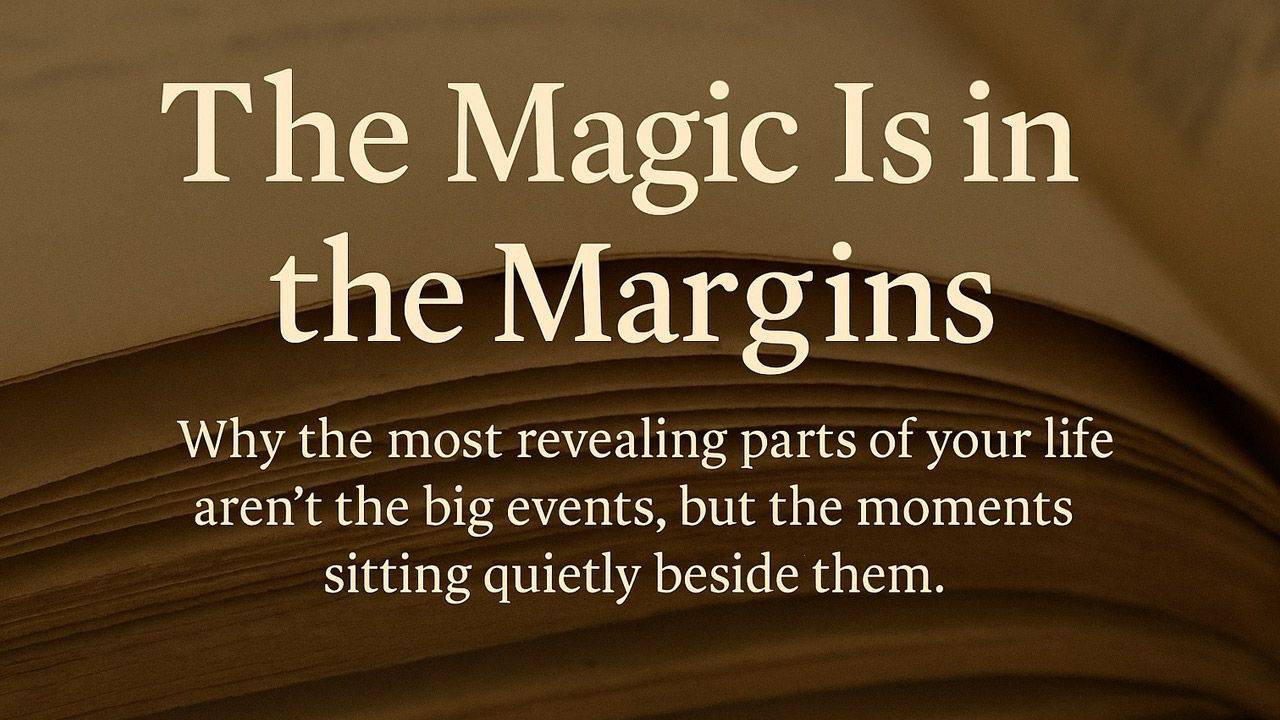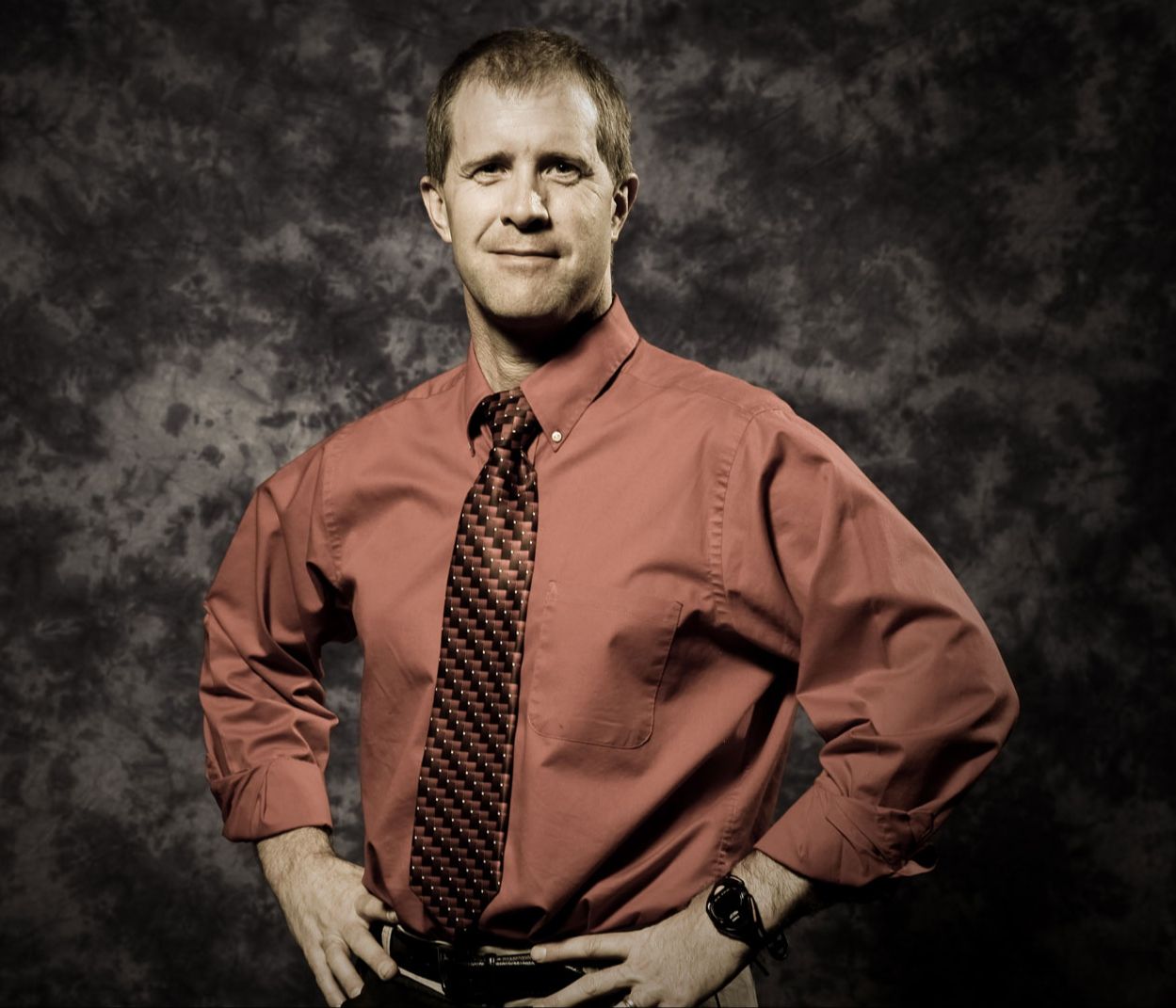Life’s Best Stories Aren’t in the Search Results

How looking beyond the obvious moments — and capturing the “neighboring books” of your life — creates a richer record of who you are.
When I watch Malcolm Gladwell talk about how he researches and writes, I can’t help but think about how much of it applies to documenting our own lives. One of the first things he points out is that search isn’t the best way to find the good stuff.
Search gives you what everyone else already thinks is important. It points you to the most popular, the most linked-to, the most agreed-upon answers.
What it doesn’t give you is the quiet little side street where something unexpected might be waiting.
Search doesn’t leave much room for curiosity, or for stumbling across the thing you didn’t even know you were looking for.
That’s why he says it’s good to get lost in a library.
You go looking for books on your topic, and at first you find the obvious ones, the ones everyone would expect you to pick up. But if you keep going down the shelf, you start running into books that are sort of about your topic but not exactly. They’re coming at it from an angle. They’re speaking to your idea in a sideways way you wouldn’t have found if you stayed with only the obvious.
He talks about footnotes the same way.
The main text might give you the storyline, but the footnotes are where the quirky details, the unpolished truths, and the hints of other worlds live. They’re not the main thing — at least not yet — but later, they can become the most important thing you read.
That’s exactly what happens with our memories.
We tend to document the big moments — the wedding, the new job, the graduation, the baby being born. And of course, those matter. But sometimes the most insightful, most telling pieces of those moments are the ones sitting right next to them.
The argument you had with your best friend the week before you got married. The smell of the hallway outside the hospital room. The offhand comment your kid made in the car on the way to their first day of school. These are the “neighboring books” and “footnotes” of our own lives.
The trouble is, if we only ever write down the big events, we never leave ourselves the chance to rediscover the smaller ones that give them shape.
And if we only ever take photos of these moments, we’re left with a beautiful collection of book covers hiding blank pages.
In a Personal Life Record, those smaller moments are the connective tissue.
They’re the context. Without them, your record becomes a string of headlines with no story in between. And just like a Gladwell story, the richness often comes from stepping away from the obvious door into the side entrance no one’s paying attention to.
Gladwell also talks about withholding information, about not showing all your cards at once.
In his writing, he’ll start you in the middle of a scene with a detail that makes you wonder what’s going on — and only later will you realize what you’ve been looking at.
That’s not just a writing trick; it’s a way of remembering. Sometimes the best way to capture a moment in your life is to start with the small, peculiar thing you noticed, and let the larger truth come into focus later.
I think there’s something else in his approach that’s important for life documentation: the willingness to wander.
He’s not rushing to confirm his theory; he’s exploring, letting himself get sidetracked, picking up things that might not matter now but might be priceless later.
Most of us are in too much of a hurry with our memories. We’ll write down the one or two things we think are worth saving and move on. But if you give yourself permission to linger — to jot down that half-relevant observation, that stray conversation, that photo you almost deleted — you might be giving your future self the missing piece that makes a whole chapter click.
In a way, the Personal Life Record is a library of your life.
You’ve got the obvious books, sure, but the magic is in the surrounding shelves. And if you’re doing it right, you’ve got plenty of footnotes too — things that don’t seem like much now but could be the spark of connection or insight years from today.
Because someday, when you come back to revisit those big moments, you might find the real story was hiding in what happened just off to the side.


